
Unauthorized Credit Card Transactions
How to prevent it
What are unauthorized card transactions?
Unauthorized card transactions are transactions that were not made by you or transactions that were made without your consent. Unauthorized transactions commonly occur when your credit card is lost or information stolen online.
Bitwallet takes unauthorized transactions as a serious offence and would like all users to cooperate to prevent such transactions from occurring.
Contact Information
To report any unauthorized transactions, kindly contact
+81 3 6893 0958 or drop an e-mail to
compliance@bitwallet.com for assistance.
Bitwallet customer support is available
Monday to Friday 09:00 – 18:00 (GMT +9)
Kindly expect some delays in reply during public holidays.
身に覚えのない取引や不正取引の疑いがあるなどのご相談は、
電話またはメールでご連絡をお願いいたします。
bitwallet カスタマーサポート
電話 03-6893-0958
対応時間:月〜金曜日 9:00〜18:00
メール compliance@bitwallet.com
※公休日中はご返事が若干遅れる場合がございますので、予め了承お願いいたします。
※年末年始は、弊社営業カレンダーに基づきます。
Prevention of unauthorized transactions
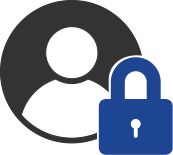
Account safety
- Set up Two Factor Authentication(2FA) for your bitwallet account.
- Do not share your personal e-mail account and bitwallet account with others.
- Do not authorize anyone else to operate your account.
- Do not create an account on behalf of others.
- Do not make a deposit on behalf of others.
- Do not disclose personal information for others to create an account on behalf of you.
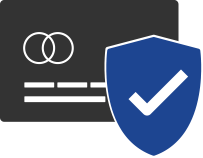
Credit card protection
- If you misplaced your card, kindly contact your bank to cancel your card immediately.
- Monitor your credit card bills and transactions closely.
- Do not share your credit card details with others.
- Do not use a credit card not belonging to you to make a transaction.
- Do not authorize others to use your credit card for transaction purposes.
You are strongly advised not to share your card information with anyone to prevent any unauthorized card transactions.
When to report unauthorized transactions?
Kindly take a look at the following examples before reporting an unauthorized transaction.
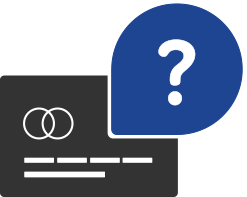
Check if you have misplaced your credit card.
Kindly check your belongings to ensure your physical credit card is not missing.
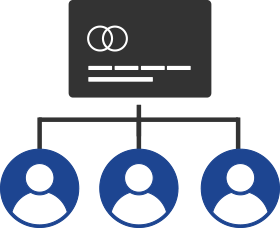
Check if any of your family members have recently used your credit card to make an online payment.
Very often, family members of card owners have access to their credit cards.

Check if you are charged for an annual membership.
Memberships are often renewed automatically. Please check with your service provider for more information.
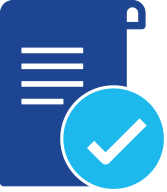
Check with the merchant whom you paid to for the billing descriptor
Track on your recent purchases and verify the items with the invoices provided to you. Invoices can be in a form of physical paper or digital invoices found in your emails.
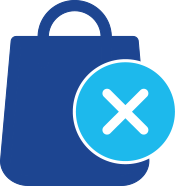
Check if you are billed for a service with a different name.
There are some merchants who prefer to display the name of the item they offer rather than using the store’s name.
Example: Store of an online fashion store named “Flash Fashion” displayed as “cardigan / blouse / jeans” on your card statement.
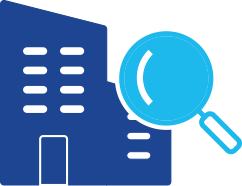
There are merchants whose company’s name is displayed on bill instead of its store name.
There are some merchants whose company name is different from its store’s name.
Example: Company name “fashion store Pte Ltd” is displayed on your card statement whereas the store name is “Flash Fashion”.
Common mistakes of card owners.
There are frequent cases of unintentional fraud cases reported. Such transactions are usually found transacted by card owner’s family member or acquaintance. Before reporting for unauthorized card transaction, please check with your fellow family members and acquaintances if they have used your card for their recent online payments or purchases.
Please check the above scenarios before contacting us.
Bitwallet Pte. Ltd. will not hesitate to cancel the transaction if a user’s credit card was found to be used illegally.
If you are unable to identify the situation from the examples listed, please contact us immediately.
The bitwallet team is working to ensure safety of your account and transactions.
If you wish to get in touch with the team to report on any unauthorized transactions.